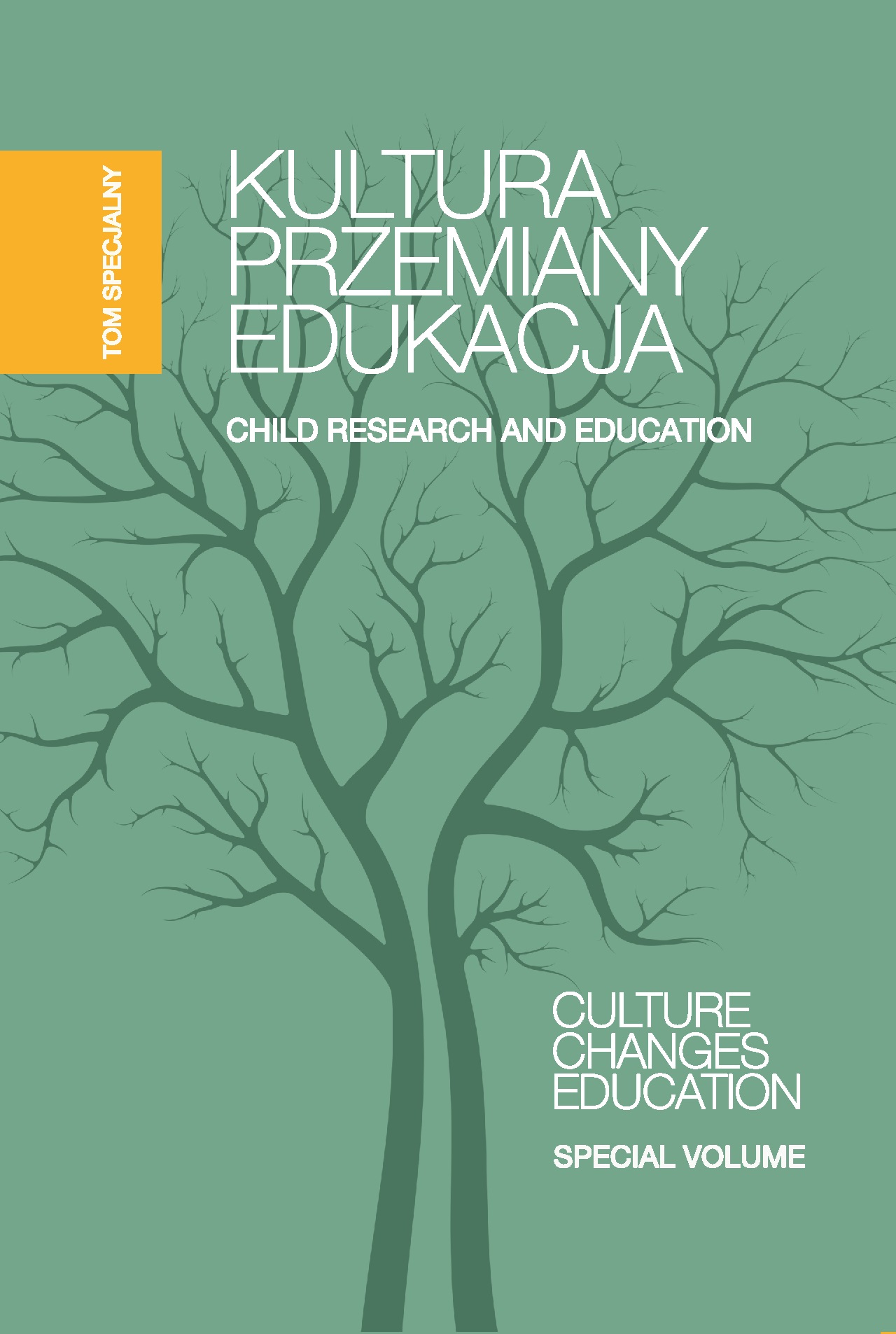Youth work and youth workers as key elements for youth pedagogy development and realisation
DOI:
https://doi.org/10.15584/kpe.spec.crae.2024.14Keywords:
youth work, youth pedagogy, non-formal education, out-of-school environmentAbstract
In recent decades, youth work, being the tool supporting young people to develop and reach their full potential, is gaining more and more attention and support from various actors on different levels. As youth work is mainly focused on learning and personal development, it would highly benefit from a specification of the terminologies and refining the youth workers' professional profile, both putting a solid, scientific-based foundation for its development. Here, the youth pedagogy comes to the scene.
This paper is an attempt to identify and characterise “youth pedagogy” in terms of its specific approaches, contexts and ways of fostering the learners’ development, differing from the classical (child-oriented) pedagogy and the (adult-oriented) andragogy. Additionally, the connection between youth work and youth pedagogy will be observed and analysed, exploring the out-of-school environment offering a number of learning opportunities in the context of both - non-formal and informal learning. Finally, outlines of a professional profile of practitioners delivering youth pedagogy activities will be suggested and explained.
Downloads
References
Anjum S., Impact of Extracurricular Activities on Academic Performance of Students at Secondary Level, “International Journal of Applied Guidance and Counseling” 2021, 2, DOI: 10.26486/ijagc.v2i2.1869.
Council of Europe, Non-formal education in youth projects – Definitions, https://www.coe.int/en/web/european-youth-foundation/definitions (acccessed: 30.12.2023).
Coussée F., The relevance of youth work’s history [in:] The history of youth work in Europe and its relevance for youth policy today, ed. G. Verschelden, F. Coussée, T. Van de Walle and H. Williamson, Council of Europe Publishing, 2009.
European Commission, Quality Youth Work. A common framework for the further development of youth work, Brussels 2015.
Fend H.,. Klassische Konzepte der Jugendpädagogik [in:] Entwicklungspsychologie des Jugendalters, VS Verlag für Sozialwissenschaften, Wiesbaden 2003, https://doi.org/10.1007/978-3-322-80943-8_22 (in German).
Kamenova D., Pedagogicheski menidzhmant. Menidzharska kompetentnost na uchitelya, Dobrich 2023 (in Bulgarian).
Massoni E., Positive Effects of Extra Curricular Activities on Students, „ESSAI” 2011, 9(27), http://dc.cod.edu/essai/vol9/iss1/27 (accessed: 29.12.2023).
National Youth Agency, England (UK), Better Together: Youth Work with Schools report, 2023, https://www.nya.org.uk/youth-work-with-schools/ (accessed: 30.12.2023).
O’Donovan J. (ed.), Cairns D., Sousa M., Dimitrova V.V., Mapping the educational and career paths of youth workers [in:] Youth worker education in Europe. Policies, structures, practices, Council of Europe Publishing, Strasbourg 2020.
OECD, Youth employment and social policies, https://www.oecd.org/employment/youth/?_ga=2.11377844.1078760878.1703946675-1769606149.1703946675 (accessed: 30.12.2023).
Olson T., Youth embrace self-identity when building their value system, Youth Zone, https://youthzone.com/2020/07/youth-encouraged-to-identify-values-to-see-what-makes-them-unique/ (accessed: 29.12.2023).
Parliamentary Assembly of the Council of Europe, Recommendation 1437 (2000) on non-formal education adopted on 24 January 2000 (1stSitting), https://assembly.coe.int/nw/xml/XRef/Xref-XML2HTML-EN.asp?fileid=16762 (accessed: 29.12.2023).
Rawson M., “What is youth pedagogy today?”, online lecture held on 15.11.2023, held in the framework of UPSWE project – “Upper School – a place for self-development”, https://www.goetheanum-paedagogik.ch/en/events/upswe (accessed: 29.12.2023).
Rozhkov M., Pedagogicheskoe obespechenie rabotay s molodyozhyyu: Yunogogika, Moscow 2008 (in Russian).
Wiehl A., Steinwachs F. (eds.), Studienbuch Waldorf – Jugendpädagogik, utb. Germany, 2022 (in German).
Wilson N., Impact of Extracurricular Activities on Students, A Research Paper Submitted in Partial Fulfillment of the Requirements for the Master of Science Degree in School Counseling, 2009.
Youth Wiki, Europe’s Encyclopedia of National Youth Policies, available at https://national-policies.eacea.ec.europa.eu/youthwiki (accessed: 29.12.2023).
Downloads
Published
How to Cite
Issue
Section
License
Copyright (c) 2024 KULTURA – PRZEMIANY – EDUKACJA

This work is licensed under a Creative Commons Attribution-NoDerivatives 4.0 International License.


